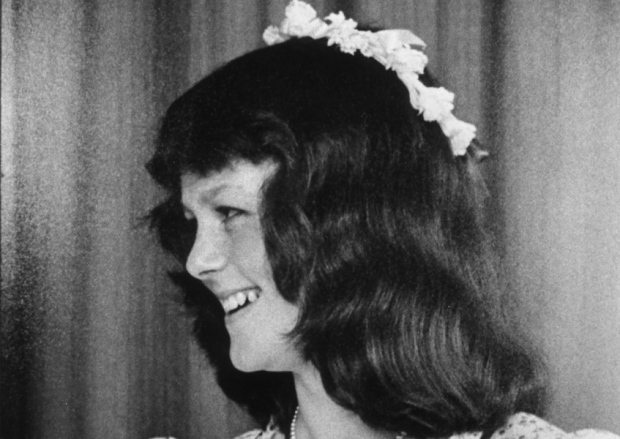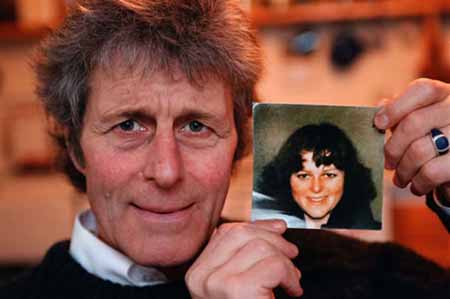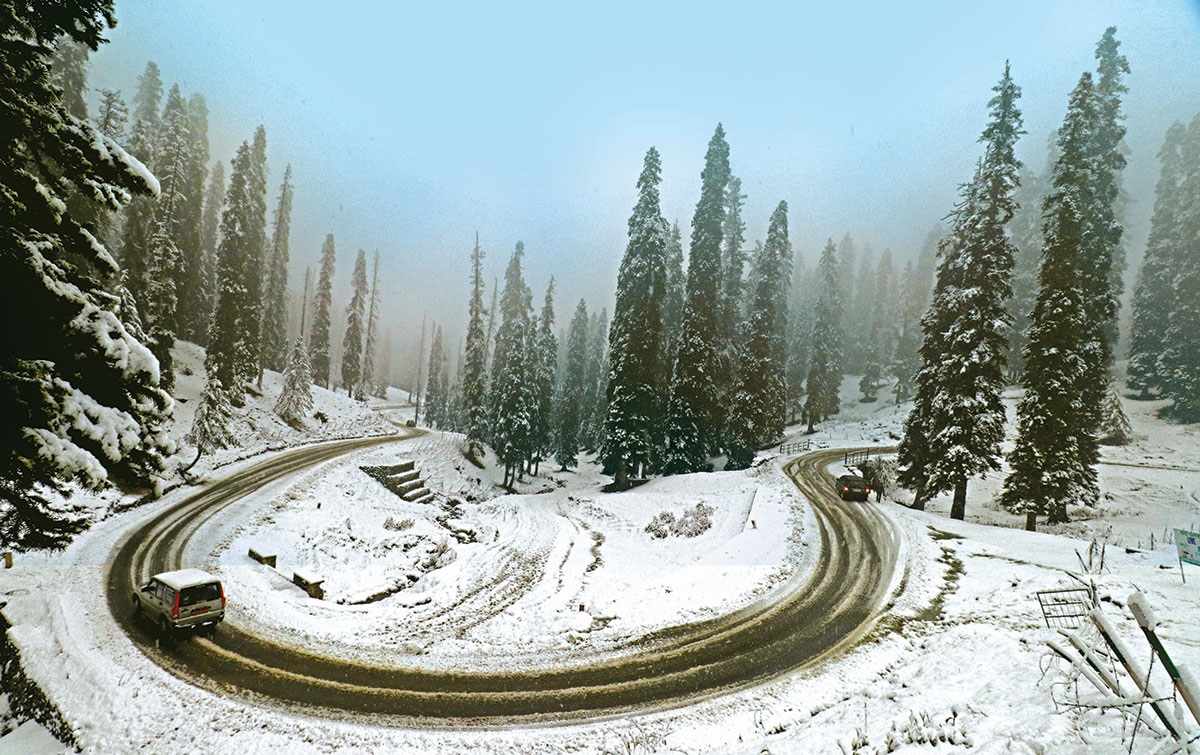Thirty years after the young Scottish girl vanished in Sonamarg, her visually-impaired father still harbours a flickering hope that she is alive and will come home one day. The police case has taken many dramatic turns since only to be closed again and again, a Kashmir Life report

She was 19 and was last seen in Sonamarg on August 17, 1981. What happened to the British tourist Alison MacDonald is still a mystery thirty years later. Daughter of a Free Church minister Kenny Macdonald and Reta, her parents flew to Kashmir 17 times searching their daughter. They stopped coming to Kashmir in 1999 after the now 76-year-old Kenny was diagnosed with multiple sclerosis, which affected his optic nerve taking away his eyesight almost completely.
“I have just got a wee bit of sight left – just a wee streak,” Kenney was quoted by a Scottish newspaper last week when the MacDonals celebrated their missing daughter’s 45th birth anniversary. “I think it’s been kept for Alison – to see her again. We’ll see her in this world again, of that we are sure, and it will be a great day.”
Rosskeen based family in the Ross-shire believes their daughter is living with some remote tribe in the inaccessible hills of Kashmir. “I don’t think Alison would have gone willingly but she was very capable and would have integrated well,” her father was quoted saying.
But police in Kashmir say they have no clue on. Almost everything she was carrying during her visit was recovered, her rucksack packed with her belongings. Everything was intact in the room she was staying in.
Former Aberdeen University history student, Alison had come with her medical student friend, Liz Merry, now a general practitioner. They went to Sonamarg. While Merry went on a two-day trip to see the Kolhai Glacier, Alison stayed back in the room. On August 17 she went on a walk and was last seen purchasing apples nearby.

The story dominated headlines for many months in London and the family used all means to trace the young lady. Even after the state police Crime Branch closed the file and declared Alison untraceable, the family did not lose hope. A search operation was mounted in the mountains of Sonamarg that used, apart from hundreds of people, mules and horses, choppers that flew low to see if there were any traces left by the young lady.
The case was handled initially by the Kangan police station but later it was assigned to then SSP of Srinagar Ali M Watali.The MacDonalds mobilized the governments and the secret services many times and even hired bounty hunters. Year after year, they would come to celebrate their missing daughter’s birth anniversary in Hotel Glacier hotel wherefrom she went missing. Reporters who covered those emotional ‘celebrations’ are unable to forget the memories. “Her mother was literally kissing the room where her daughter had last slept.”
The police interrogated a number of security men deployed in the area then, but no leads came through. A section of the police were suspicious of a border roads organization officer but investigating him did not reveal anything. The most powerful rumour was that was that a caveman – Yeti – took the young lady away. The Kashmir Times reported in 1995 injuring of a wild animal, describes as a Yeti, by soldiers from the mountains. Some people claimed to have seen it when the soldiers got it for treatment. The next day the state police sent its team to verify the reports but failed to get any concrete evidence.
The issue was revived in 1993 when the BBC run Channel-4 sought permission for shooting in the region at the peak of militancy. A 19-member crew accompanied by MacDonalds and their sons – Sam and Derick, shot the film in Sonamarg for 10 days. The film, about an intense investigation telecast on Alisons 12 th year of disappearance, had visuals of rocks in Thajiwas area that had Alison written on them by the MacDonalds during their search.
The hope for finding Alison took a dramatic turn in February 2007. Her father recorded an interview of Hizb ul Mujahideen chief Syed Salhuddin off air from BBC. He sent it to Interpol claiming the militant leader had used certain words and phrases in west coast Scottish accent. The Skye accent, he claimed, was because the rebel might have kidnapped his daughter and learnt the accent from her.
The Interpol, as well as the family, sent the CD to state police that supposedly re-opened the case. Since Syed Salahuddin was in PaK capital Muzaffarabad the effort ended at a couple of sensational reports in British tabloids. The investigations carried out on the Channel-4 tape even consulted a Glasgow University phonetics professor, Machael MacMohon. “Various people on Skye had seen the programme and remarked that there was a Skye element in his (Salahuddin’s) pronunciation of English. They wondered how he picked it up and put two and two together and asked, could Alison have taught him English? ,” the professor asked.
The professor concluded: “There were bits of Scottish pronunciation, but certainly no trace of Gaelic. There are fits. There was one point where he says ‘go ahead’ using the ‘go’ used in Scottish. I got a certain similarity, but nothing more than that.” He concluded that “there was not enough evidence.”















